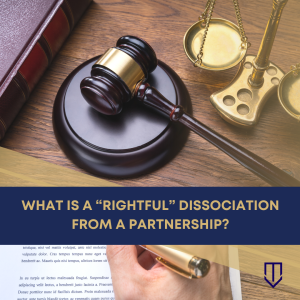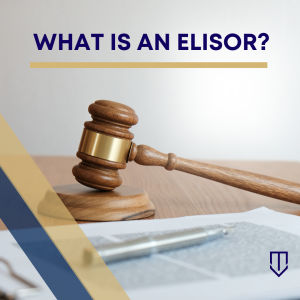 The deed to a property is the most important document a property owner has. It describes the title and its associated rights while operating as the conveyance of property itself. But not all deeds are the same.
The deed to a property is the most important document a property owner has. It describes the title and its associated rights while operating as the conveyance of property itself. But not all deeds are the same.
While grant deeds and gift deeds are incredibly similar, their differences can inevitably lead to legal disputes. The added family dynamics that typically accompany gift deeds can make things even murkier. In these situations, having an experienced real estate attorney at your side can make all the difference. The Underwood Law Firm encounters both types of deeds with frequency and has the familiarity and skill to help title holders understand their rights.
 California Partition Law Blog
California Partition Law Blog


 “Title” is the single most important word when it comes to purchasing a property. If there is a problem with it, then an entire real estate transaction can be disrupted or canceled outright. Many people consider the purchasing of a home to be the single most important transaction of their lives. Therefore, it only makes sense that there would be options to assuage the worried buyer.
“Title” is the single most important word when it comes to purchasing a property. If there is a problem with it, then an entire real estate transaction can be disrupted or canceled outright. Many people consider the purchasing of a home to be the single most important transaction of their lives. Therefore, it only makes sense that there would be options to assuage the worried buyer.  General partnerships, and their
General partnerships, and their  Just because a party prevails in
Just because a party prevails in 
 When co-owners of property decide they want to go their separate ways but cannot come to an agreement on a buyout or reimbursements, they can institute a
When co-owners of property decide they want to go their separate ways but cannot come to an agreement on a buyout or reimbursements, they can institute a  Yes. Co-owners of property are entitled to certain rights, namely, the right to possess and use the property as they see fit. But sometimes, things do not work out with the other owners.
Yes. Co-owners of property are entitled to certain rights, namely, the right to possess and use the property as they see fit. But sometimes, things do not work out with the other owners.  Co-owning property as tenants in common is the favored form of joint ownership in California. (
Co-owning property as tenants in common is the favored form of joint ownership in California. ( While litigation guarantees are recommended in a lot of contested real estate issues in court, it is not required in a
While litigation guarantees are recommended in a lot of contested real estate issues in court, it is not required in a